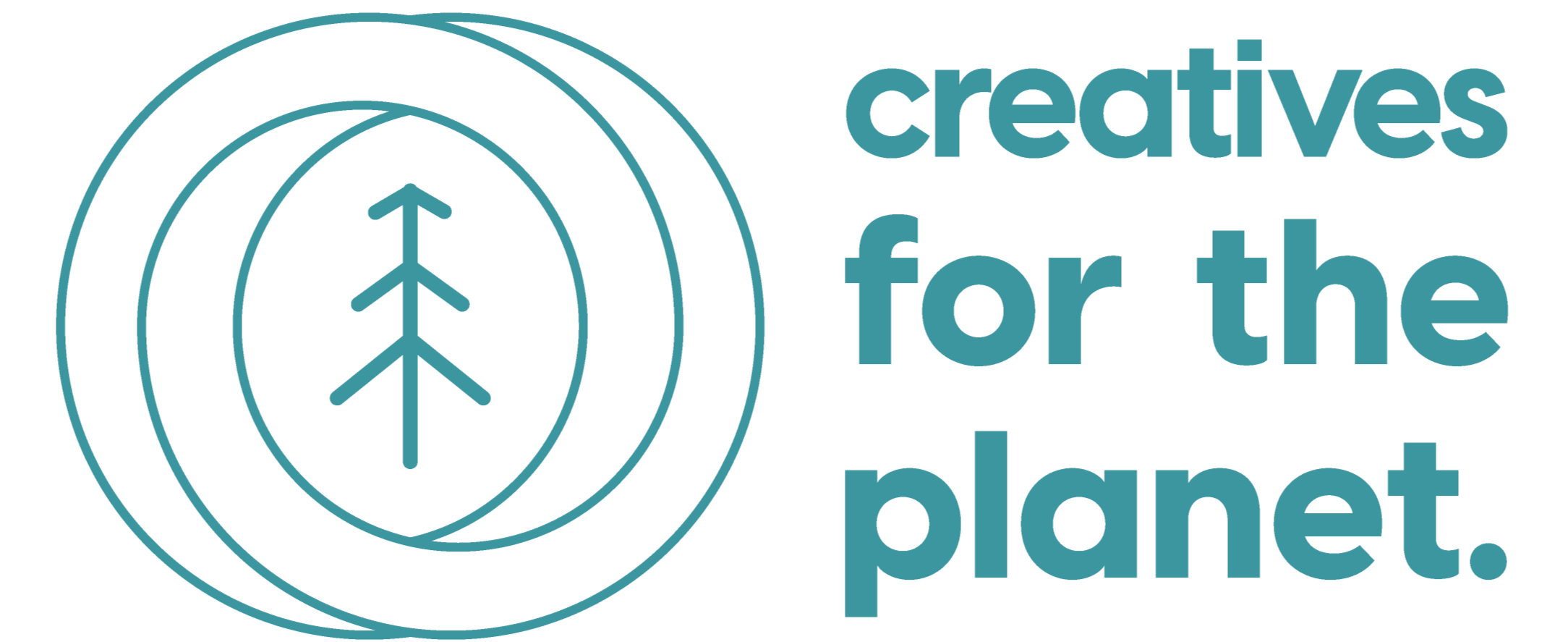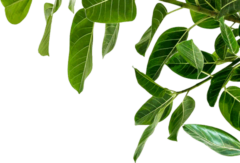
Every year, the inhabitants of planet Earth produce 2,100 million tonnes of solid waste. Sixteen per cent of this is recycled, which prevents 700 million tonnes of CO2 from entering the atmosphere. Unfortunately, 46% of this waste, enough to fill 368,000 Olympic swimming pools, is disposed of unsustainably, i.e. landfilled, incinerated and illegally dumped into the environment.
To raise awareness of the importance of recycling, World Recycling Day was celebrated around the world yesterday, a day created by UNESCO in 2018 which was also celebrated, of course, in Ibiza.
The chosen place was the Hipódromo of San Rafael. 250 children from 3rd and 4th grade of primary school went there with two objectives: to spend a fun morning and to create the best toy with recycled materials. “We want to encourage creativity and imagination,” says Neus Ribas, a technician in the Environment Department of the Consell Insular d’Eivissa and organiser of the event, “children spend many hours in front of the screen, and this activity allows them to make crafts, work in teams… and recycle”.

The 3rd grade class of CEIP Poeta Villangómez in Eivissa presented a sophisticated machine that evoked Space Invaders and was based on a game with questions from different subjects. The game consisted of raising the spaceship with a marble to bring it to the correct hole: “true” or “false”.
But the winner of the first prize was CEIP Torres de Balàfia from Sant Llorenç, who won a prize of 250€ in school material and a kayak trip with their Eco Point game, entirely made with recycled materials.
For the Planet
Creatives For The Planet, the NGO that has been working to raise environmental awareness on the island of Ibiza since 2008, could not miss the event. We took the statue of the Goddess Tanit, made with the Consell Insullar d’Eivissa in 2021 as part of the project Art d’reciclar with plastics and other recycled materials by the artists Jorge Pineda, Patricia Borrás and Simon Geert Deraeck, to the racecourse. The sculpture travels from school to school all over the island, and can now be seen in Es Cantó (Eivissa).

We also had the presence of the plastic artist Ezequiel Herrera, of Argentinean origin but with 20 years in Europe. Ezequiel offered a painting workshop on milk cartons for the children of the five schools invited. “This recycling thing is all very well, but we should go one step further. Recycling machines pollute a lot and require a lot of energy, so I see two solutions: either we don’t make any more or we make a perennial work in which the plastic stays there forever in a work of art”.

For The Planet shared a stand with the Plastic Free platform, of which we are also part.
Ca Na Putxa
The Consell de Ibiza, through Ca Na Putxa, was also present at the festive event. There we were able to talk to its environmental coordinator, Diego Godoy, who explained the peculiarities of living on an island when it comes to recycling waste: “Being an island makes it difficult to have companies dedicated to recycling waste, so everything has to be sent off the island, except for one waste, which is organic matter, from which gas is extracted to generate electricity and compost. The rest of the waste is sent for recycling, generally to the Valencia region and Mallorca”.
On the other hand, “the spatial limitation on the island is the other factor that prevents us from finding a place to dump the waste we generate, so when the deposit is full, we will have to send it all out”. Incidentally, and as Neus Ribas pointed out, there is not that much time left to fill this great hole of waste in the earth, “barely 7 or 8 years”.
Time is running out.

